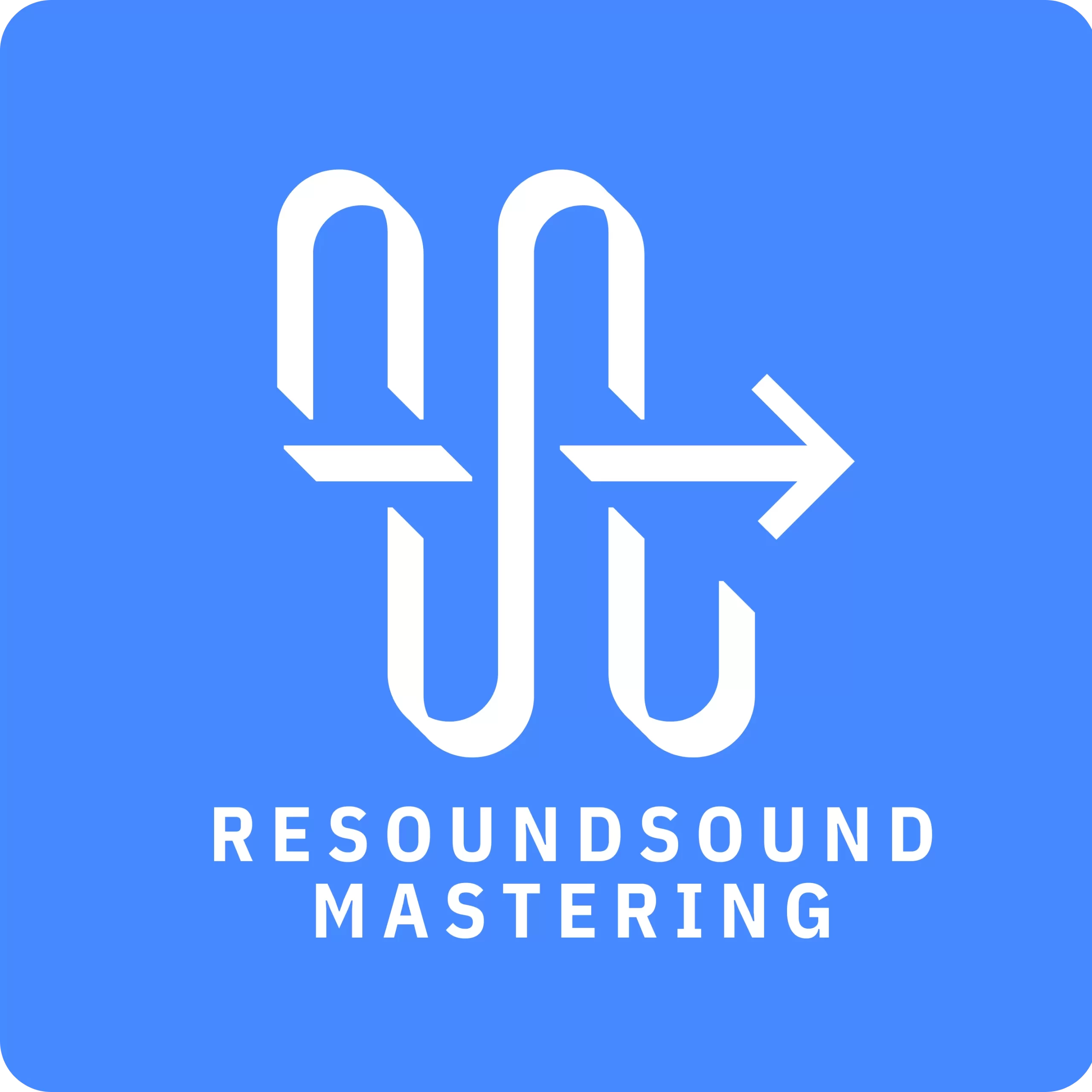Have you secured your solitude?
If not, you are making everything much harder for yourself than it needs to be.
In my mind, solitude is the requisite for true creative incubation. For something novel and useful to form or problems to resolve, there needs to be enough solitary time and space in the process.
Solitude is my strongest ally.
Let’s be clear: solitude is not to be confused with loneliness.
Solitude is fertile ground.
It gives me the freedom to focus, step into a flow, and to experiment. The space to fail and iterate.
It lets me engage free from the pressure of having to change or explain my natural creative process, or having to achieve something tangible right there and then.
But here’s the problem:
Accessing true solitude can be a challenge.
Our lives are busy and filled with distractions.
If solitude doesn’t happen naturally, we must create it.
For me, moving away from the city to live deep in the countryside has helped.
It’s easier to achieve the ideal frame of mind in tranquil surroundings.
Even here, I have to actively take steps to create solitude.
(Indeed I still have a life – a quite busy one often)
My traditional Finnish wood fire sauna never fails to energise me with a sense of clarity and new creative ideas. It’s a ritual I practice several times a week.
I’m not suggesting you should follow my drastic steps by leaving your old life behind and risking everything to start anew elsewhere. It’s not necessary at all to go that far.
Maybe you could get to work in the early hours of the morning, do late night sessions, meditate, take long walks or perhaps retreat into nature.
What could be your ritual for solitude?
Marcus Aurelius once wrote, “Nowhere can man find a quieter or more untroubled retreat than in his own soul.”
Embrace solitude as a resource. Your sanctuary for clarity and creativity.
